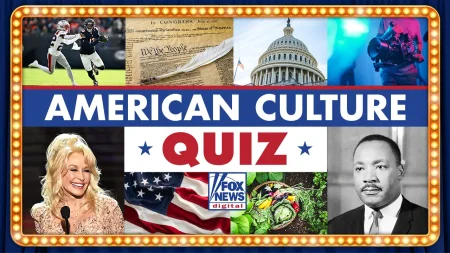Pecan Caramel Clusters Recall: When a Sweet Treat Becomes a Health Concern
In a move that highlights the crucial importance of accurate food labeling, Abdallah Candies, a Minnesota-based confectionery company, has issued a voluntary recall for a specific batch of their Pecan Caramel Clusters. The recall, announced on September 30, was initiated after a consumer discovered that the product contained cashews that weren’t disclosed on the packaging. This oversight may seem minor to some, but for individuals with cashew allergies, it represents a potentially life-threatening situation. The affected products were sold exclusively at Lunds & Byerlys stores in Minnesota between July 15 and September 30, 2025, featuring the UPC code 7243101294, lot number 079Y, and a best-by date of January 29, 2026. These 2.5-ounce treats, packaged in sealed polypropylene bags, now represent not just a sweet indulgence but a reminder of how vital proper allergen labeling is in our food system.
Food allergies have become increasingly prevalent in American society, with tree nuts like cashews being among the nine major food allergens recognized by law. The others include eggs, fish, crustacean shellfish, peanuts, wheat, soybeans, and sesame. What makes these allergies particularly concerning is the wide range of reactions they can trigger – from relatively mild symptoms like hives and lip swelling to potentially fatal anaphylactic responses involving severe respiratory distress. According to Dr. Sebastian Lighvani, director of New York Allergy & Asthma PLLC, “Every three minutes in the United States, someone ends up in an emergency room because of an allergic reaction after accidental ingestion of food.” This statistic is particularly alarming when coupled with his observation that the United States has seen a 300 to 400 percent increase in the rates of food-related anaphylaxis in recent decades. Fortunately, as of the recall announcement, no illnesses or allergic reactions had been reported in connection with the mislabeled Pecan Caramel Clusters.
The Food and Drug Administration (FDA) has emphasized the seriousness of the situation, warning that individuals with cashew allergies or sensitivities “run the risk of serious or life-threatening allergic reaction if they consume this product.” This statement underscores why allergen labeling isn’t merely a regulatory formality but a critical safeguard for public health. On its website, the FDA reminds consumers that “People with food allergies should read labels and avoid the foods they are allergic to. The law requires that food labels identify the food source of all major food allergens used to make the food.” This guidance, while seemingly straightforward, highlights the trust consumers place in manufacturers to accurately disclose all ingredients, especially those known to cause allergic reactions. When that trust is broken – even unintentionally as appears to be the case with Abdallah Candies – the consequences can be severe.
In addressing the recall, Abdallah Candies has demonstrated corporate responsibility with their statement: “Abdallah Candies is committed to ensuring the safety and quality of its products and deeply regrets any inconvenience this may cause. We appreciate the cooperation of our customers and partners in this matter.” This response reflects a recognition that food safety isn’t just about legal compliance but about consumer trust and wellbeing. The company’s prompt action after the mislabeling was discovered shows how seriously they take their obligation to protect consumers, particularly those with food allergies. The recall process itself involves multiple stakeholders – the manufacturer, retailers, regulatory agencies, and consumers – all working together to mitigate potential harm. While recalls can be costly and damage brand reputation in the short term, they ultimately serve to strengthen the food safety system and protect vulnerable individuals.
The case of the Pecan Caramel Clusters recall illustrates the complex challenges of food allergen management in modern manufacturing. Even companies with strong quality control measures can experience occasional lapses, whether due to human error, ingredient supplier miscommunication, or production line cross-contamination. What matters most is how quickly and thoroughly these issues are addressed once discovered. For consumers with food allergies, this incident serves as a reminder of the vigilance required when purchasing and consuming packaged foods. While reading labels is essential, being aware of recall notices through FDA announcements and news reports provides an additional layer of protection. Food allergies require constant attention not just from those who have them, but from everyone involved in the food production and distribution chain.
As the recall continues, consumers who purchased the affected Pecan Caramel Clusters are urged not to eat them and instead either dispose of the product or return it to Lunds & Byerlys for a full refund. This precautionary measure reflects the seriousness with which food allergen issues are treated in our regulatory system. While the inconvenience of returning a product or losing a small treat may seem minor, the potential consequences of consuming an undeclared allergen make such actions necessary. This recall, like many others involving undeclared allergens, serves as a reminder of the delicate balance between enjoying the diverse pleasures of food and ensuring that everyone can do so safely. As our understanding of food allergies continues to evolve and their prevalence potentially increases, the importance of accurate labeling, robust manufacturing processes, and responsive recall systems will only grow more crucial in protecting public health.














